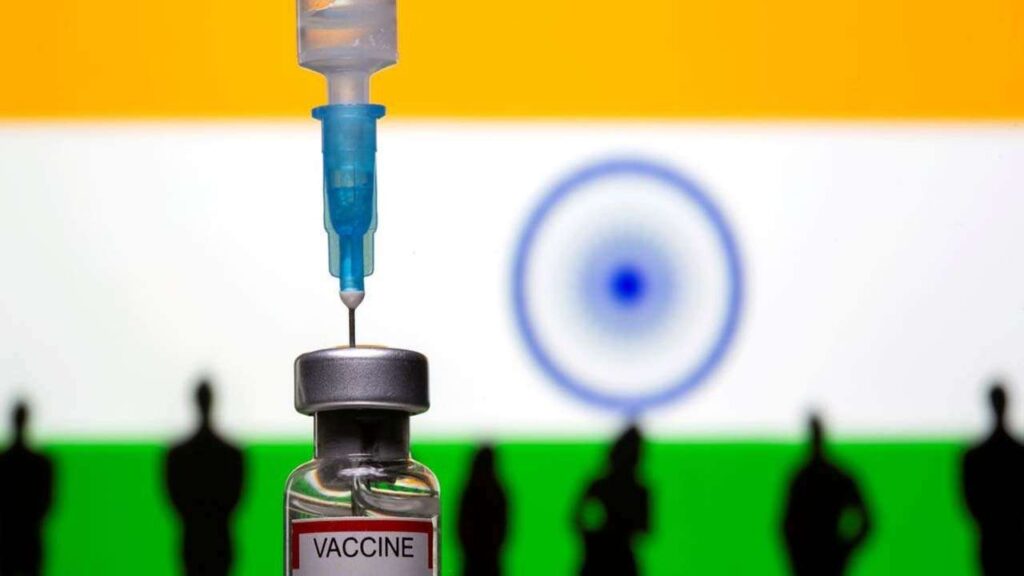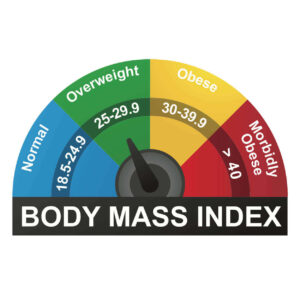World Immunisation Week 2022: 5 facts about vaccines that you should know

World Immunization Week is celebrated by the World Health Organization every year during the last week of April (24 to 30 April). The main goal is to encourage and promote the use of vaccines to protect people from disease. Millions of lives are saved throughout the world with vaccination every year.
Who work with countries around the world to increase awareness about the value of vaccines and ensure that the government gets the guidelines and support needed to implement high-quality immunization programs. The purpose of the weekend of world immunization is to protect more people from diseases that can be prevented by vaccines.
Here are 5 things you need to know about vaccination:
1. Immunisation through vaccines is the safest way to protect yourself against a disease.
Whatever you read or hear, the vaccine produces an immune response similar to the immune response produced by natural infections, but without the risk of death or disability associated with infection.
2. It is best to get vaccinated, even if you feel the risk of infection is low.
The deadly disease that appears to be eradicated to make a comeback when the immunization rate drops. Only by ensuring that everyone gets a blow they can help us eradicate the disease that can be prevented with vaccines. We all must be responsible and fulfill our responsibility to get vaccinations.
3. Combined vaccines are safe
Giving several vaccines at the same time does not have a negative impact on the child’s immune system. This reduces discomfort for children and resources. Children become more exposed to antigens from ordinary flu than from vaccines.
4 . Deadly diseases would return, if vaccination is stopped
Even with increasing access to cleanliness, sanitation and safe water, infection is still spreading. When we are not vaccinated, infectious diseases that are now not common can quickly return and spread.
5. Vaccines can be given during mild illnesses
Safe vaccine is given during mild disease. However, children with moderate or severe disease must wait until they are better before getting a dose.





